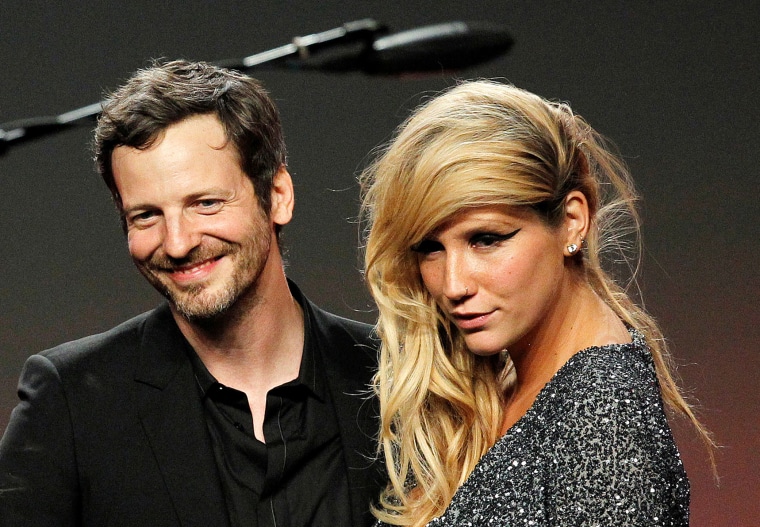A few weeks ago, actors at the Golden Globe awards ceremony wore black to support the campaign against the harassment and abuse of women. On Sunday night in New York, it will be the turn of musicians at the 60th Grammy Awards ceremony, and they have plans of their own.
Grammy attendees are being encouraged to wear white roses to symbolize their support, according to an email from the chairwoman of Atlantic Records, Julie Greenwald. Female artists Dua Lipa and Halsey, who delivered a passionate speech about sexual harassment at the women's march in New York last week, have already agreed to wear roses, according to the Associated Press.

Greenwald's email explained that the color white was chosen because it represents "hope, peace, sympathy and resistance."
Other music executives, including Roc Nation's senior vice president, Meg Harkins, and an Interscope/Geffen/A&M Records' music promotion executive, Karen Rait, have been encouraging attendees to wear white roses, according to Billboard.
Separately, Grammy organizers are considering having recording star Janelle Monae make a brief speech before introducing Kesha, who is set to perform the song "Praying," about forgiveness, according to two sources familiar with the plans. There is a discussion about having a choir of singers who have suffered abuse appear alongside her.
Kesha has accused her former producer, Dr. Luke (Lukasz Gottwald), of sexual and emotional abuse. Gottwald has denied those accusations and the two have traded lawsuits since 2014.
Grammy officials did not respond to requests for comment.
Senior music industry executives are also discussing how to distinguish their industry's advocacy efforts from Hollywood's, and whether there are other ideas for the Grammys that are more specific to the music industry.
In addition to Dr. Luke, several prominent music figures have been accused of abuse, including the entrepreneur Russell Simmons and the former Epic Records chief, Antonio "L.A." Reid. Both have denied the allegations against them.